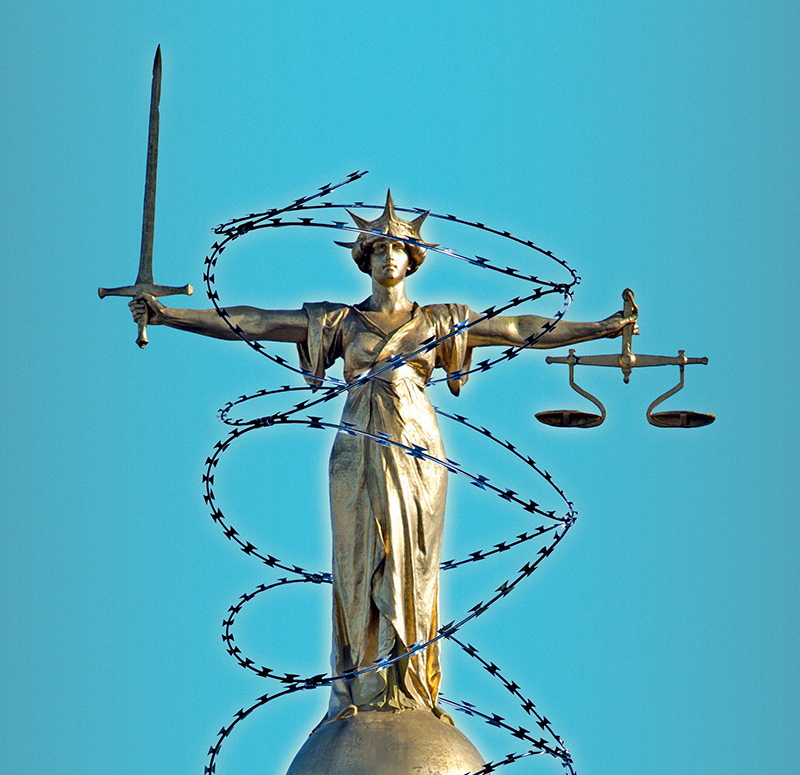
Can we save the rule of law, asks Geoffrey Bindman QC
It is tempting to assume the permanent stability of our legal system because it has been entrenched for so long, and it would be wildly alarmist to suggest that we are about to experience the kind of breakdown which has devastated Syria, or which now threatens the people of Egypt. Nevertheless, a series of blows struck by government at those who seek to uphold the rule of law pose a serious potential threat. We need to view them collectively. Consider the following: severe restrictions on the availability of legal aid; increased fees and procedural hurdles for those who seek to assert and defend themselves in the courts, especially when they challenge government decisions; the use of secret evidence which precludes challenge; reductions in legal costs payable to those who bring successful claims; increasing surveillance and access to personal and private information; increasing privatisation of resources with reduced public accountability. These and other measures ostensibly aimed





.tmb-mov69x69.jpg?sfvrsn=961ae4db_1)
95ca96e3d47f4eff8d147c4f0df17c77.tmb-mov69x69.png?sfvrsn=3db5d86b_1)

